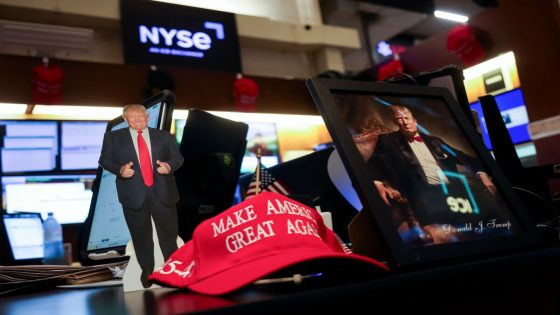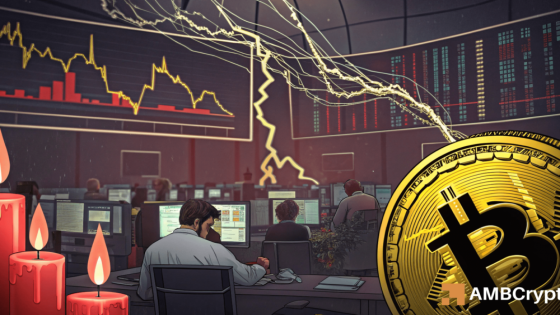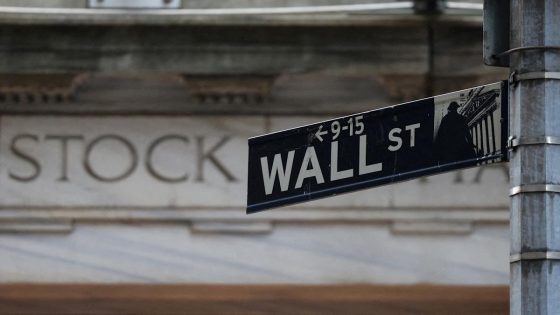Financial markets are bracing for a significant test as President Donald Trump has announced a 30% tariff on imports from the European Union and Mexico, effective August 1. This latest move adds to a series of escalating trade measures that could reshape global economic dynamics.
- Financial markets show tariff insensitivity.
- Trump announces 30% tariffs on EU, Mexico.
- More tariffs expected on multiple countries.
- Investors anticipate Trump's potential U-turns.
- Jamie Dimon warns of market complacency.
As of July 14, 2025, investors seem increasingly desensitized to tariff threats, despite warnings from financial leaders like JPMorgan Chase’s Jamie Dimon. Many are betting on a potential reversal from the Trump administration, given its history of policy U-turns.
This situation raises critical questions: How will these tariffs affect global supply chains? Will trading partners retaliate, escalating tensions further? The implications could be far-reaching, particularly for economies heavily reliant on exports.
- In the Americas, countries like Canada and Brazil may face immediate repercussions.
- European markets could see volatility as they respond to the tariff increase.
- Asian economies might need to adjust their trade strategies to mitigate risks.
- Investors worldwide are on alert, watching for signs of retaliation or negotiation breakthroughs.
As we look ahead, stakeholders must stay informed and agile. Will countries negotiate to avert further escalation, or are we on the brink of a trade war? The coming weeks will be crucial.
































